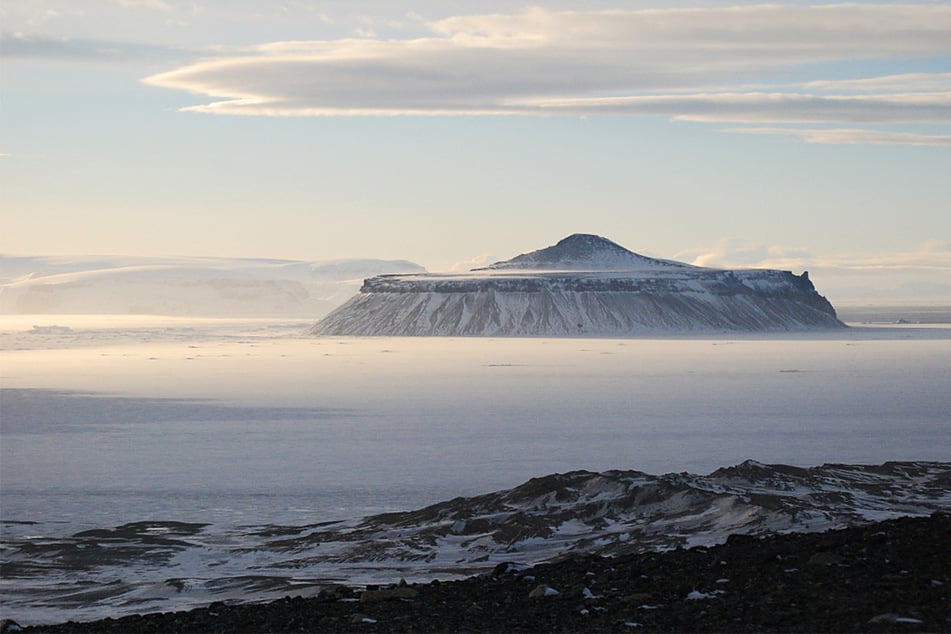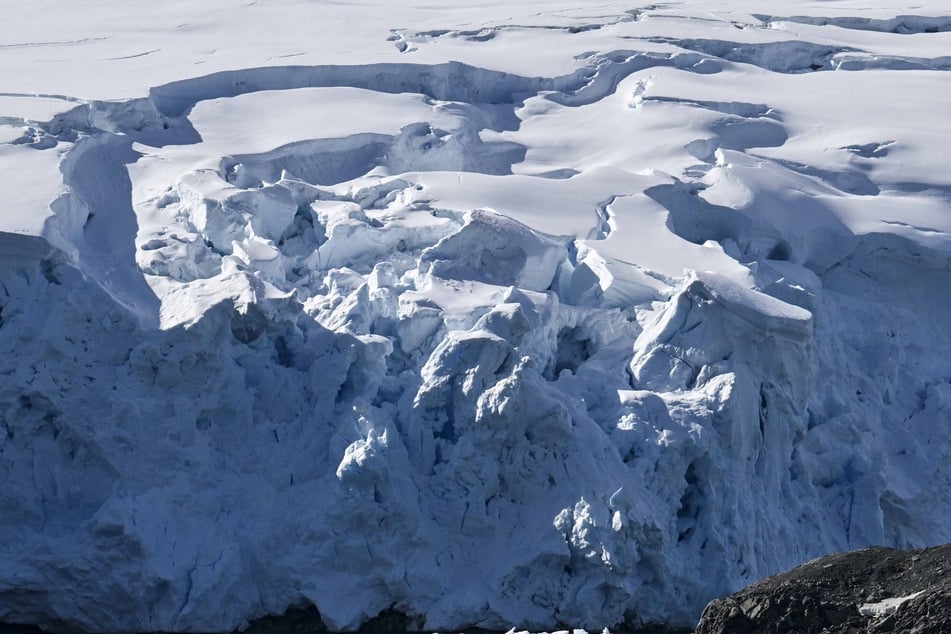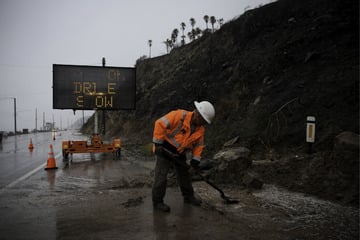Melting Antarctic ice may awaken dormant volcanoes beneath the surface
If Antarctic ice continues to melt at a rapid rate, largely due to the impacts of climate change, it could trigger volcanic eruptions and a violent feedback loop, a new study suggests.

In a new research article published in Geochemistry, Geophysics, Geosystems, a team of scientists warns that continued ice melts could cause an "unloading" of pressure on the Earth's crust, which may then trigger volcanic eruptions.
"As climate change causes ice sheets to shrink, the decreasing weight on a volcano may affect its likelihood of erupting," the study states.
What's frightening, the scientists warn, is that these eruptions may trigger a dangerous feedback loop as more ice is melted by the eruptions and their subsequent release of carbon dioxide.
"We find that the removal of an ice sheet above a volcano results in more abundant and larger eruptions, which may potentially hasten the melting of overlying ice through complex feedback mechanisms."
According to Live Science, at least 100 "less conspicuous" volcanoes lie beneath Antarctica's vast ice sheet, some even sitting miles beneath the frozen desert.
Scientists raise the alarm over Antarctic eruptions

The researchers stress in the study that the process, while a feedback loop, would be extremely slow, as the melting ice reduces surface pressure and subsequent eruptions melt more ice.
Though such a process would take place over a matter of centuries, this is not the comfort it may seem to be. If it has already started, it could be irreversible whether we succeed in managing climate change or not.
If the process were to continue and the Antarctic ice sheet was to shed increasing amounts of ice, this could have major impacts on global sea levels.
"Even long after ice unloading ceases, the compressibility of the magma remains permanently elevated due to the reduction in lithostatic pressure, resulting in larger eruptions," the scientists warn in the paper.
"More work must be done to determine whether other glacio-volcanic feedbacks will amplify modern ice loss."
Cover photo: AFP/Fernanda Rebull/Direccion Nacional del Antartico

